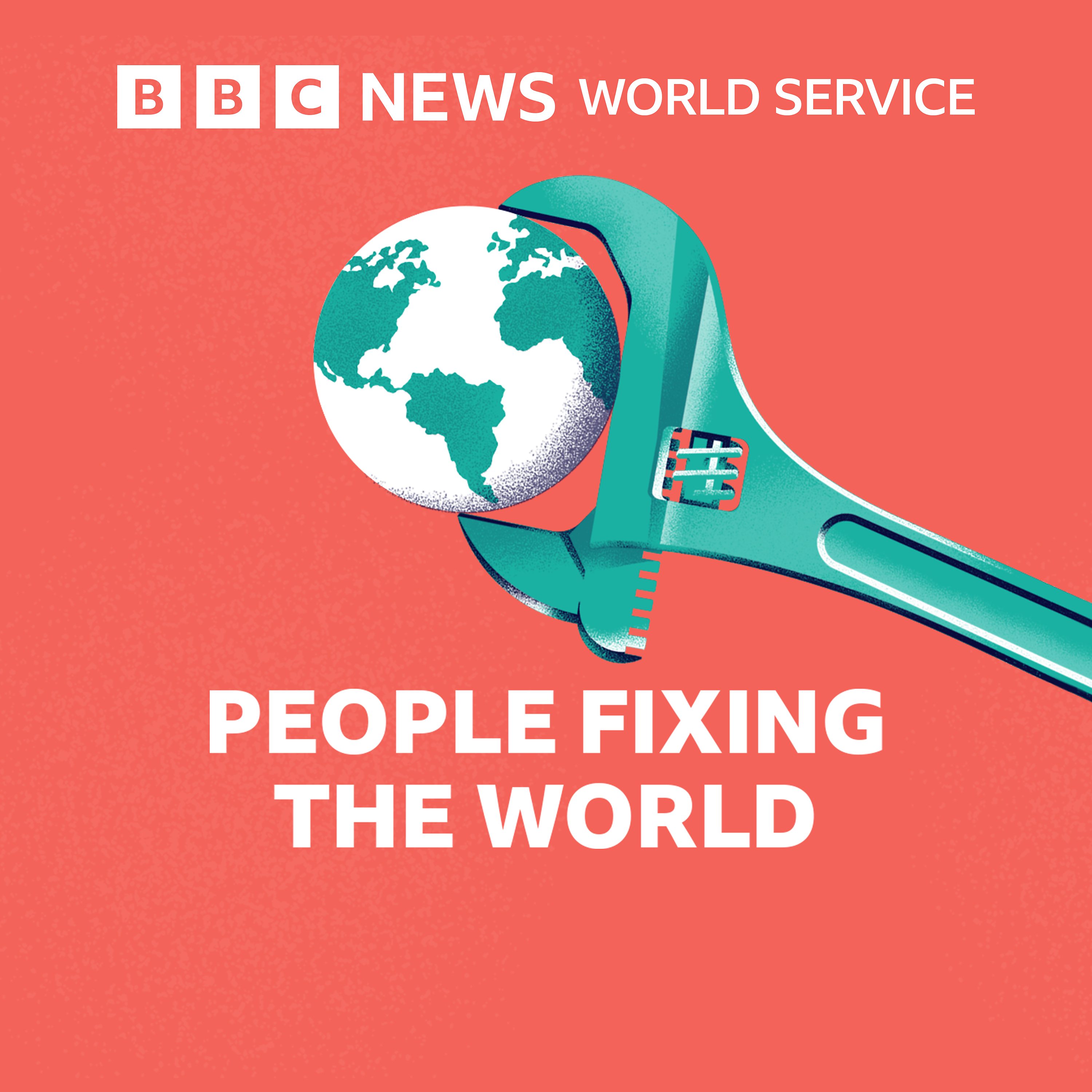Speaking out
Description
Communication is a human right - but what happens when someone can’t speak for themselves?
Sean Allsop struggled to talk until he was eight years old, when he began to speak thanks to years of speech therapy. He explores the technologies and innovations helping people around the world who struggle to communicate.
We meet Richard Cave, National Advisor at the Royal College of Speech and Language Therapists, as he introduces a patient and their family to voice banking, a method that preserves someone's voice before it's lost, using recordings to create a personalised synthetic version. He explains why having your own voice is a major part of your identity.
In the United States, we hear from people trialling a brain chip that turns neural signals into speech. It's still in its early stages, but how close are we to seeing this kind of technology more widely available for those who would benefit from it? A child-friendly robot made in Luxembourg is teaching children with communication difficulties how to express emotions and build social skills. And in San Cesareo, Italy, the simplest solutions can sometimes prove the most effective. The town has introduced AAC (Augmentative and Alternative Communication) sign boards in public spaces, helping both users and non-users learn and connect.
Image: A student pointing at an image on an AAC sign board (Credit: Eleonora Vallerotonda)





